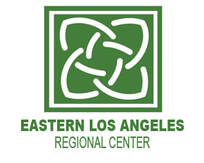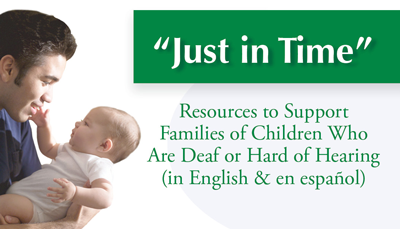For Children
Early Detection | Evidence-Based Treatment | Better Results
Techniques and strategies are developed to facilitate language development. Speech goals are set across settings, creating the bridge between therapy and real life.
Speech services are guided by:
Speech services are guided by:
- Client/Family Preferences
- Clinical Expertise
- Best Available Clinical Evidence from Systematic Research
Early Intervention
CA's Early Start program provides early intervention and specialized education services for eligible children (up to age 3) with disabilities or delays in their development. Services are designed to help children learn new skills, overcome challenges, and increase success in life.
Each child receives a written plan called the Individualized Family Service Plan (IFSP) that discusses developmental needs and the family's concerns and priorities. To determine a child’s eligibility for Early Start, contact a regional center.
Each child receives a written plan called the Individualized Family Service Plan (IFSP) that discusses developmental needs and the family's concerns and priorities. To determine a child’s eligibility for Early Start, contact a regional center.
|
We are partnered with ELARC, a nonprofit under contract with the California Department of Developmental Services. See if you're eligible for evaluation, assessment, and service coordination at no cost to you.
Apply for the Early Start program (for children under 3 years old) here. Tell your Service Coordinator you would like services under vendor #PE2678. |
|
|
|
Brain Development
Studies have found that young children who have expressive and receptive language impairment during their toddler years are at increased risk for persistent language impairment and later academic failure (Snowling, 2005).
Developing effective and specialized language and communication intervention for our youngest population is essential and will likely provide short and long-term benefits not only manifested in language or communication abilities.
The broad goal in working with infants and toddlers is to maximize their ability to communicate effectively and to enhance the family's ability to actively support their child's development.
Speech-language therapy is developmentally supportive and family centered.
Developing effective and specialized language and communication intervention for our youngest population is essential and will likely provide short and long-term benefits not only manifested in language or communication abilities.
The broad goal in working with infants and toddlers is to maximize their ability to communicate effectively and to enhance the family's ability to actively support their child's development.
Speech-language therapy is developmentally supportive and family centered.
Autism
The Autism Society offers a national hotline to learn about resources and services near you. It is not a crisis hotline. Their specialists provide information and referrals but cannot support with direct services. Call them at 1-800-3-AUTISM.

